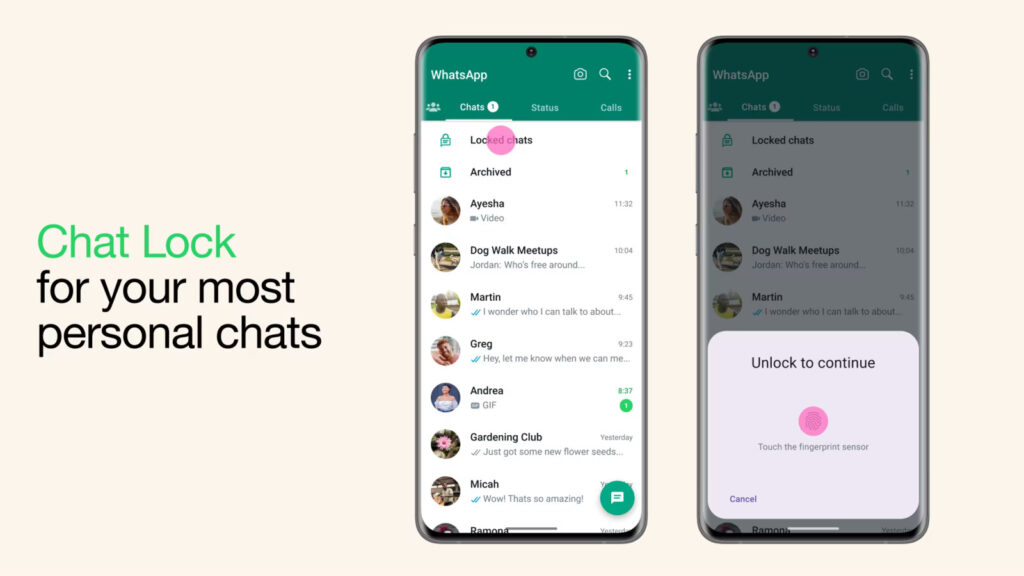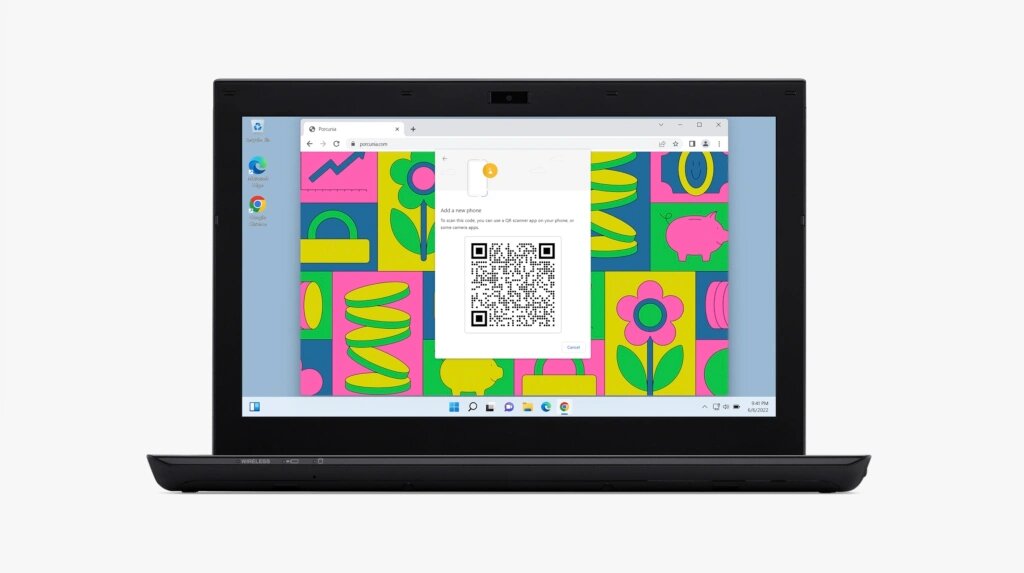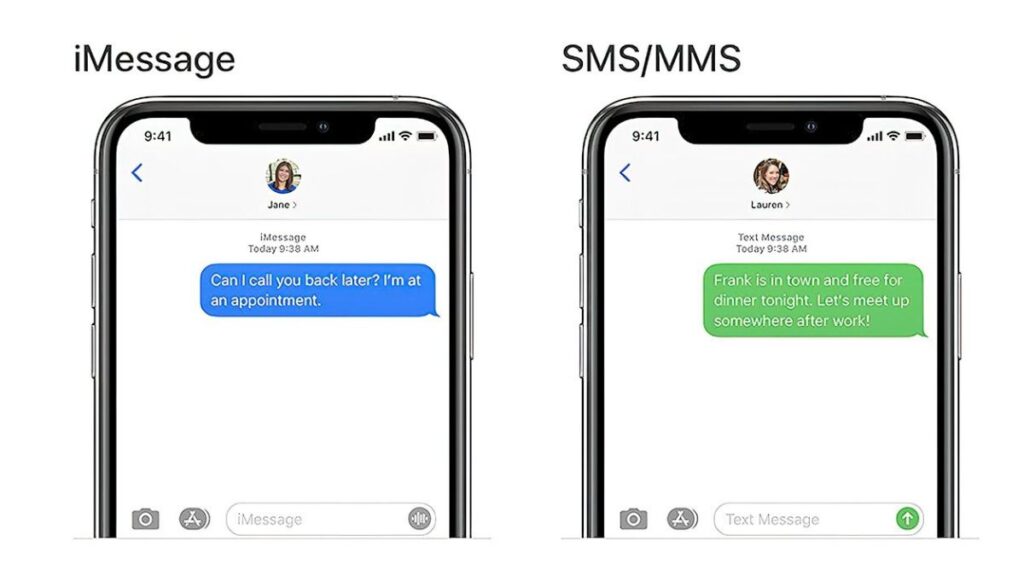WhatsApp Lock Feature to Protect ‘Extra Special’ Chats?
The makers of WhatsApp have released a new option to prevent nosy close friends or even close relatives from reading your private conversations. The business announced a new Chat Lock feature on Monday to protect your private logs from prying eyes.
Users can now choose to lock any chat by simply touching on any single or group chat twice and using the lock option, according to a statement from Meta. This places the chat’s who, what, and when information in a separate folder. Although locked chats now conceal the message and the sender, notifications still appear.

On the main WhatsApp interface, locked chats don’t automatically show up; instead, users must scroll down to the inbox to see the dedicated folder. Users can access password-protected chats using their passwords or a biometric ID, such as their fingerprint.
Also Read: How to use Amazon Prime’s new ‘Dialogue Boost’ feature?
The business explained in a blog post that Chat Blocks are for situations where a family member or close friend is holding your phone in case someone on an “extra special chat” sends you a message. The piece also included a video that showed a man’s agonizing attempts to prevent his family from discovering that he has been texting someone special.
Although it’s simple to assume that someone would want to lock down specific chats for sinister reasons, it does seem like a helpful option for anyone who doesn’t want to frequently explain to whom they were speaking and why.
Meta stated in a blog post, “Over the next few months, we’re going to be adding more options for Chat Lock, including locking for companion devices, creating a custom password for your chats so that you can use a unique password from your phone’s.” In the upcoming months, Meta plans to expand Chat Lock’s features, notably the ability to assign a unique password to each closed chat.
This is not the first time the business has developed a way to lock off private chats, More users in nations where the app is blocked can now access the chat functions thanks to the app’s creation of a proxy server earlier this year.
Also Read: What is Google Help Me Write?
This new capability does little to address the issue that users who also have access to a phone number can still more easily hijack a user identity. WhatsApp has suggested it would have to leave the UK if the country passed its internet safety measure because it already has end-to-end encryption features.
The parent firm Meta, which recently strengthened the verification mechanism to thwart potential scammers and introduced more alternatives to deal with missing messages, has been working really hard to maintain WhatsApp trustworthy and safe.

I am a law graduate from NLU Lucknow. I have a flair for creative writing and hence in my free time work as a freelance content writer.


